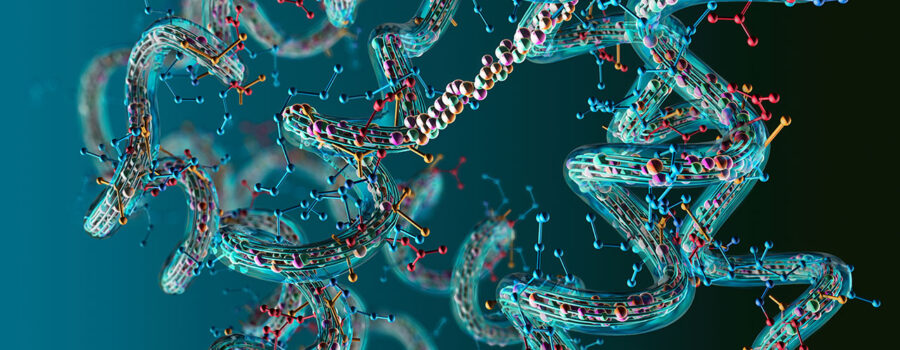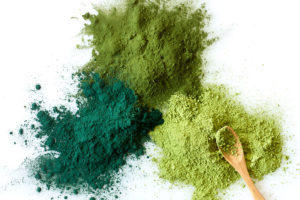Spirulina, blue-green algae, is celebrated for its extraordinary protein content, constituting approximately 60-70%. This high concentration makes it one of the most protein-rich foods available. Spirulina contains all essential amino acids, making it a complete protein source. These amino acids are vital for various physiological functions such as muscle repair, immune function, and hormone production. However, the form in which spirulina is consumed—fresh versus powdered—significantly impacts the quality and bioavailability of these proteins.
Significant Protein Degradation in Powdered Spirulina
Significant protein degradation occurs when spirulina is processed into powdered form through methods like spray drying. The heat involved in this process denatures heat-sensitive amino acids, altering their structure and diminishing their nutritional value. Although essential amino acids remain present in powdered spirulina, their bioavailability is significantly reduced due to this degradation process. This reduction can reach levels that may be considered toxic or harmful if consumed excessively.
The denaturation process affects the structural integrity of the proteins, making them less effective when ingested. Heat-sensitive amino acids such as lysine and tryptophan are particularly susceptible to damage during processing. As a result, the powdered form of spirulina does not provide the same nutritional benefit as its fresh counterpart.
Integrity of Proteins in Fresh Spirulina
In its living, fresh form, spirulina retains the complete integrity of its proteins and amino acids. The bioavailability of these proteins is notably high, meaning they can be efficiently absorbed and utilized by the body. The structural configuration of these proteins remains intact in their natural state, facilitating optimal absorption during digestion.
Moreover, fresh spirulina maintains enzymatic activity that plays a crucial role in preserving the integrity of its proteins and amino acids. Enzymes within living spirulina help maintain these nutrients’ proper structure and function, ensuring they remain effective and beneficial when consumed.
The preservation of enzymatic activity also aids digestion and absorption processes within the human body. Enzymes act as catalysts for biochemical reactions necessary for breaking down food substances into absorbable units. In fresh spirulina, these enzymes enhance the body’s ability to effectively utilize its rich protein content.
Conclusion
Fresh spirulina offers superior protein quality compared to its powdered form due to minimal processing that preserves structural integrity and enzymatic activity. This ensures higher bioavailability and effectiveness of essential amino acids necessary for critical bodily functions such as muscle repair, immune response enhancement, and hormone production.
It is highly recommended that those seeking maximum nutritional benefits from spirulina’s exceptional protein content opt for fresh over powdered forms.
Top 3 Authoritative Sources Used in Answering this Question:
- National Institutes of Health (NIH)
- The NIH provides extensive research on nutrition science, including studies on various dietary supplements like spirulina.
- Journal of Agricultural and Food Chemistry
- This peer-reviewed journal publishes research articles on food chemistry, including studies on nutrient degradation during food processing.
- Food Chemistry Journal
- A reputable source for scientific articles related to food composition, including detailed analyses of protein structures in different forms of food products like spirulina.






Recent Comments